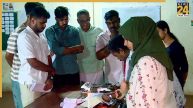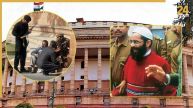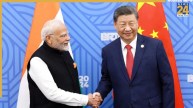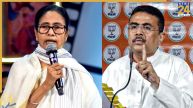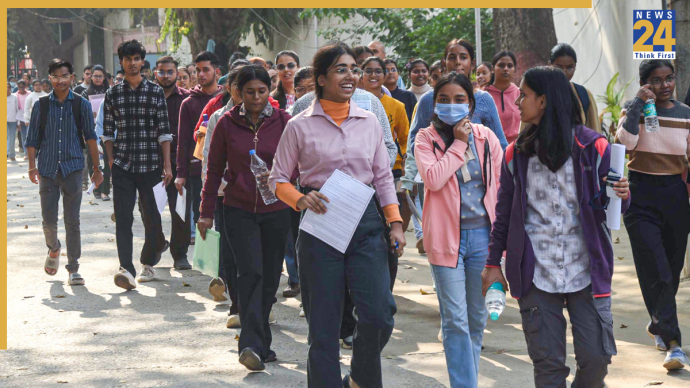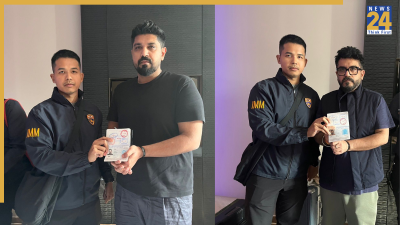In a notable response to criticism from National Conference (NC) Lok Sabha member Aga Ruhullah Mehdi, party president Dr. Farooq Abdullah has called for Mehdi to address his grievances directly with the central government rather than publicly challenging the leadership of Chief Minister Omar Abdullah. Speaking to reporters, Farooq Abdullah acknowledged Mehdi’s right to voice his concerns but emphasized the importance of respecting the democratic mandate that underpins Omar Abdullah’s leadership.
“He is free to fight with the Central Government,” Farooq Abdullah remarked, suggesting that Mehdi’s comments reflect a “misconception” about the Chief Minister’s authority. He asserted, “No one can dictate terms to Omar Abdullah. He only follows the will of the people of Jammu and Kashmir,” underscoring that decisions made by Omar Abdullah are driven by the needs and aspirations of the local populace.
Farooq Abdullah further stressed that confrontation with New Delhi is not a constructive approach to addressing the challenges facing Jammu and Kashmir. “We don’t want to fight New Delhi. We want to work together to resolve the problems of Jammu and Kashmir. Those who wish to fight can do so, but we believe in constructive engagement,” he stated, reaffirming the party’s commitment to collaboration with the central government.
In a parallel development, Chief Minister Omar Abdullah expressed cautious optimism regarding the future status of Jammu and Kashmir, asserting that the BJP-led central government would fulfill its promise to restore statehood. He highlighted the need of keeping faith within the central government promises on restoration of statehood to Jammu and Kashmir.
Omar Abdullah also directed criticism at the opposition INDIA bloc, suggesting that if it was formed solely for parliamentary elections, it should be disbanded. “If it was only for the parliamentary poll, it should be wound up,” he remarked, calling for clarity on the bloc’s agenda and leadership.
The backdrop of these statements includes Mehdi’s recent protests against Omar Abdullah, where he was supported by leaders from opposition parties, including Iltija Mufti and Waheed-ur-Rehman Para of the PDP. This internal dissent within the National Conference has intensified tensions as party leaders navigate their roles and relationships with opposition alliances.
Opposition figures such as Sajad Lone and Mehbooba Mufti have rallied behind Mehdi, accusing Farooq and Omar Abdullah of colluding with the BJP and misleading the public with false promises regarding issues like the restoration of Article 370. They argue that Mehdi’s stance reflects a broader sentiment among constituents who expect adherence to the party’s manifesto and a commitment to restoring Article 370, for which they believe the National Conference received a significant mandate.
As tensions escalate within the National Conference, with party leadership openly critiquing Mehdi’s comments, the internal political landscape appears increasingly fragmented. Mehdi remains resolute in his position, continuing to issue statements that provoke further ire from Omar and Farooq Abdullah.
The ongoing political tussle within the National Conference highlights the challenges faced by National Conference leadership as the party strive to maintain unity while addressing both internal dissent and external pressures.
Also Read: Punjab: 6 New ITI Centers to Get a New Look; Bhagwant Mann’s Big Plan to Enhance Vocational Training




